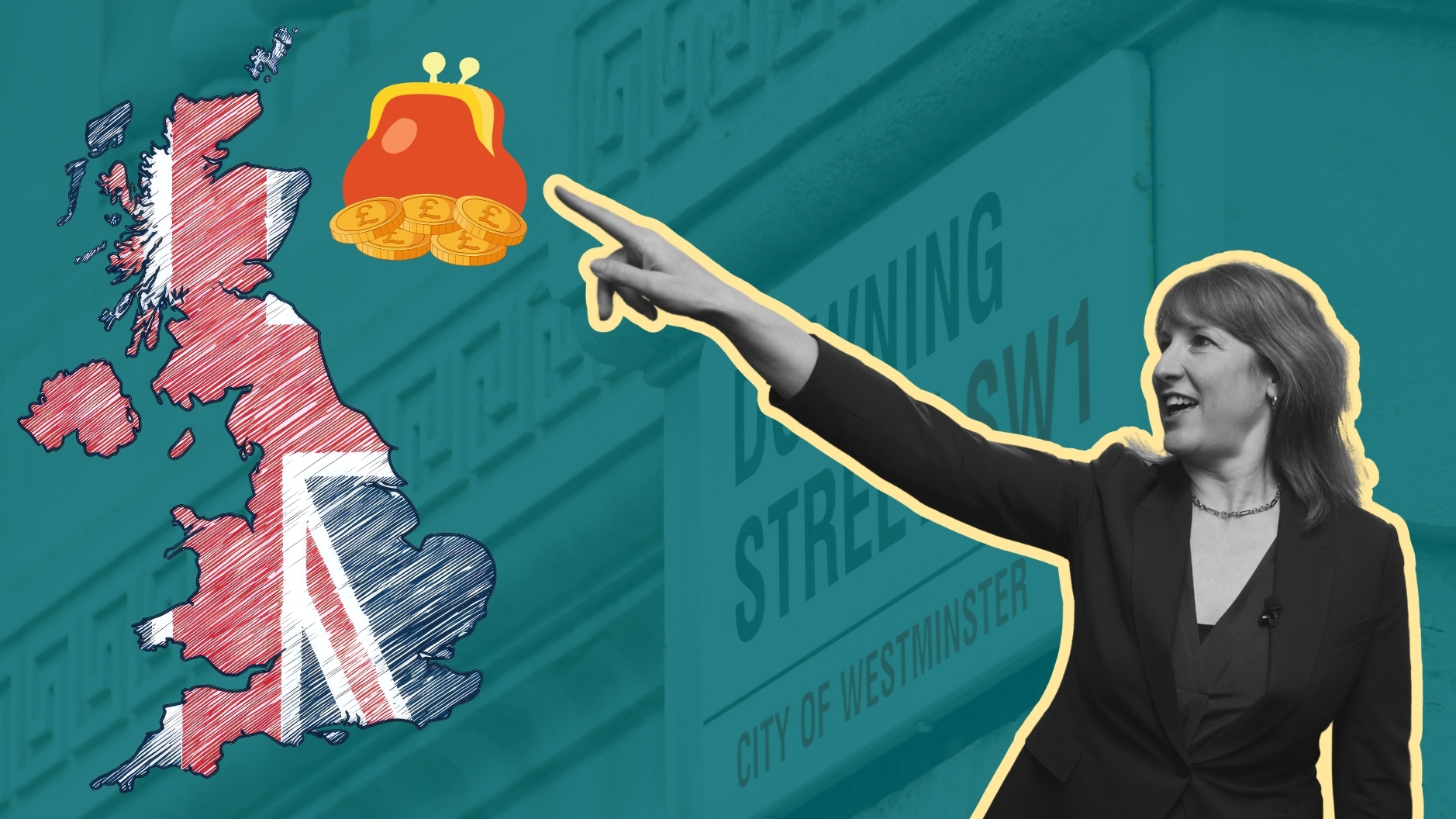2011: year of inflation
It looks like this will be the year everyone suddenly notices inflation - and that's bad news for the economy.

Get the latest financial news, insights and expert analysis from our award-winning MoneyWeek team, to help you understand what really matters when it comes to your finances.
You are now subscribed
Your newsletter sign-up was successful
Want to add more newsletters?
It's starting to look like this will be the year everyone suddenly notices inflation. China has raised interest rates twice in the last three months. Korea is calling for a "war" on inflation. In Britain the consumer price index (CPI) is running at well over 3% and purchasing manager index (PMI) numbers show that the prices paid by our factories for materials are rising at the fastest rate since the survey started in 1992.
The Bank of England would like to think this is temporary. But it is hard to see how this can be the case, regardless of the state of our banking system. China, which once hid the inflationary bias around the world by exporting deflation to all of us, is now doing the opposite: rising wages there mean that the prices of the goods we buy from it are rising too.
Petrol prices are up. Train tickets are up. Even the price of a loaf of bread is up. But worst of all, from the Bank's point of view, inflation expectations in Britain are rising. As Patrick Hosking points out in The Times, the Citi/YouGov study of the British population's feelings on prices makes for uncomfortable reading. Not only do people not expect the CPI to fall, but they expect it to keep rising: over the next five to ten years they expect annual inflation of around 3.8%.
Try 6 free issues of MoneyWeek today
Get unparalleled financial insight, analysis and expert opinion you can profit from.

Sign up to Money Morning
Don't miss the latest investment and personal finances news, market analysis, plus money-saving tips with our free twice-daily newsletter
Don't miss the latest investment and personal finances news, market analysis, plus money-saving tips with our free twice-daily newsletter
Why is that bad news? Because inflation is only useful to governments as a way of increasing competitiveness (by reducing real wages) and eroding public debt as long as the general population doesn't notice. When they do, they tend to ruin everything by demanding wage increases. Hello wage-price spiral. That doesn't mean we are suddenly about to find ourselves back in the mid-1970s (yet). And it also doesn't automatically mean we can expect a rate rise. Let's not forget that most of the things causing inflation (Chinese wage rises, bad weather,quantitative easingin the US and so on) are not things a UK rate rise can do much about.
But it does mean the Bank has good grounds for being nervous and that those of us waiting for a rate rise should keep a very close eye not just on the CPI, but on the average weekly earnings numbers produced by the Office of National Statistics. When they start to move, the Bank will start to run out of excuses for keeping rates at 0.5%.
That doesn't necessarily make 2011 a bad time to invest. Rising inflation, at least in the early stages, tends to be good for equities (if not bonds). And when it is in part caused by billions of dollars worth of new money being poured into markets (via QE), it is hard to see how it can't be. At some point valuations will revert to the mean. They always do. But for the moment, while there are huge risks (see our blog for a list of potential nasties), we can probably expect a combination of liquidity and growth to keep collapse at bay.
Get the latest financial news, insights and expert analysis from our award-winning MoneyWeek team, to help you understand what really matters when it comes to your finances.

-
 What do rising oil prices mean for you?
What do rising oil prices mean for you?As conflict in the Middle East sparks an increase in the price of oil, will you see petrol and energy bills go up?
-
 Rachel Reeves's Spring Statement – live analysis and commentary
Rachel Reeves's Spring Statement – live analysis and commentaryChancellor Rachel Reeves will deliver her Spring Statement today (3 March). What can we expect in the speech?